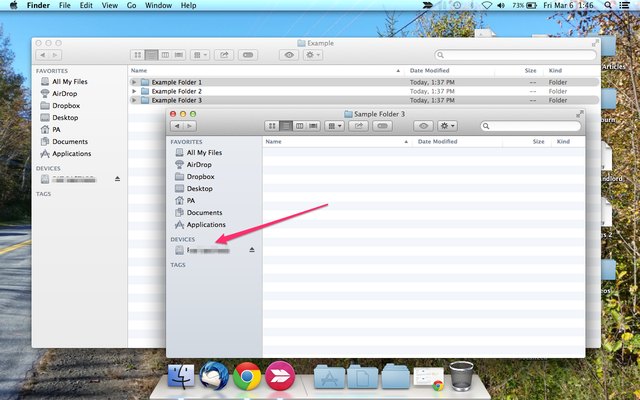
MacOS: It is highly recommended that you use the app Time Machine on your Mac to backup your entire computer. Or, open this folder to find each individual user on the computer. Here there will be folder entitled "Users". Click "This PC" on the left, double click on the C: Drive. Windows: Open "File Explorer" (folder icon on the task bar). Note that university-owned computers generally redirect user data to central servers rather than load it on individual computers). If you backup the file locations below, you will backup your personal data. This is commonly referred to as personal data. General user data is anything that you have put on the computer, including desktop icons, pictures, downloads, documents, music, movies, etc. For Time Machine backups, it's good to use a drive that has at least twice the storage capacity of your Mac. Choose About This Mac and click the Storage tab. To see storage information about your Mac, click the Apple menu in the top-left of your screen. MacOS: To see the size of a specific file or folder, click it once and then press Command-I. The amount of information will be displayed under "Size".

Windows : Right-click on the desired file or folder and select "Properties". Prior to performing a backup of a computer or its folders you will want to make sure you have sufficient storage on your backup device, use the methods below to determine roughly how much you will need available. Keep in mind where you are saving your data if you make alternate folders so you can recall back to them when necessary.

Note: These are the default save locations for these files, but that doesn't mean they will always be there if you have changed that location. This is a list of the locations and file paths for the most common places you would find personal information. It is recommended that you back up your personal information on a regular basis.

Common File Locations for both Mac and Windows Users


 0 kommentar(er)
0 kommentar(er)
